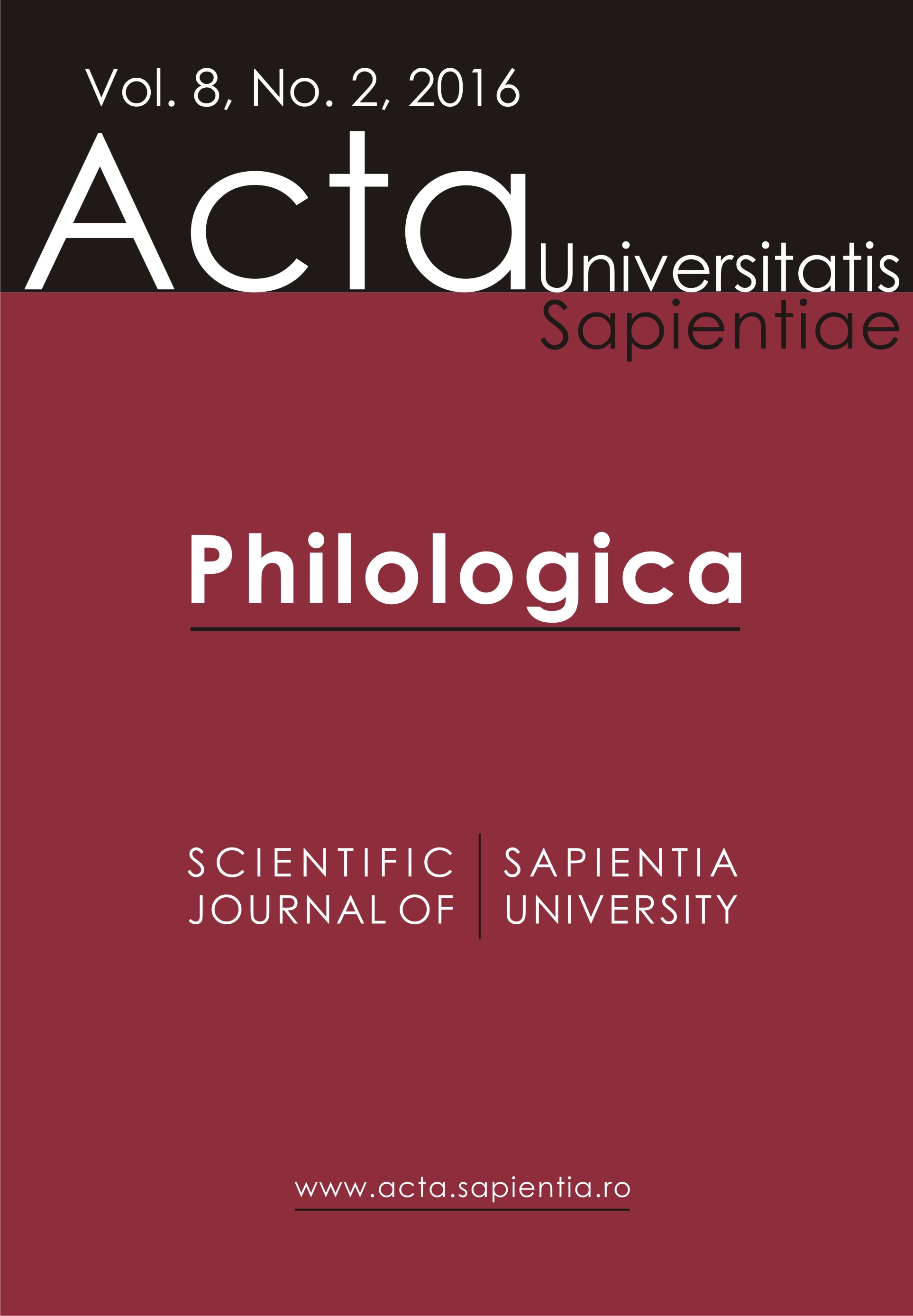On the Hungarian Equivalents of the English Passive in Literary Translations. A Case Study on the Translations of Two Novels
On the Hungarian Equivalents of the English Passive in Literary Translations. A Case Study on the Translations of Two Novels
Author(s): Enikő TankóSubject(s): Language studies, Language and Literature Studies, Literary Texts, Philology, Translation Studies
Published by: Scientia Kiadó
Keywords: translation; passive construction; translation equivalent
Summary/Abstract: This paper investigates the choice of Hungarian equivalents for the English passive construction in translated texts in order to have a glimpse on how translators deal with the English passive. In previous studies (Tankó 2011, 2014), we have looked at the problems encountered by L1 speakers of Hungarian in the acquisition of the English passive voice, having identified different Hungarian equivalents of the English passive that native speakers would resort to when expressing a passive meaning. A special attention has been paid to the Hungarian predicative verbal adverbial construction, which seems to be the closest syntactic equivalent of the English passive, which captures most of its syntactic or discourse function properties. The main question to pursue is whether L1 speakers of Hungarian use the same strategies as shown in previous studies or they choose some other structures to express the passive meaning when it comes to translating literary texts. On the other hand, we would like to analyse Hungarian contexts which require a translation using the passive in English. Thus, our corpus consists of Orwell’s 1984 and Jókai Mór’s Az arany ember, comparing them with their translated versions.
Journal: Acta Universitatis Sapientiae, Philologica
- Issue Year: 8/2016
- Issue No: 2
- Page Range: 93-107
- Page Count: 15
- Language: English

